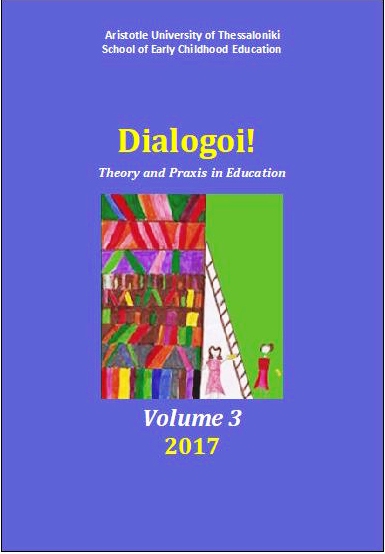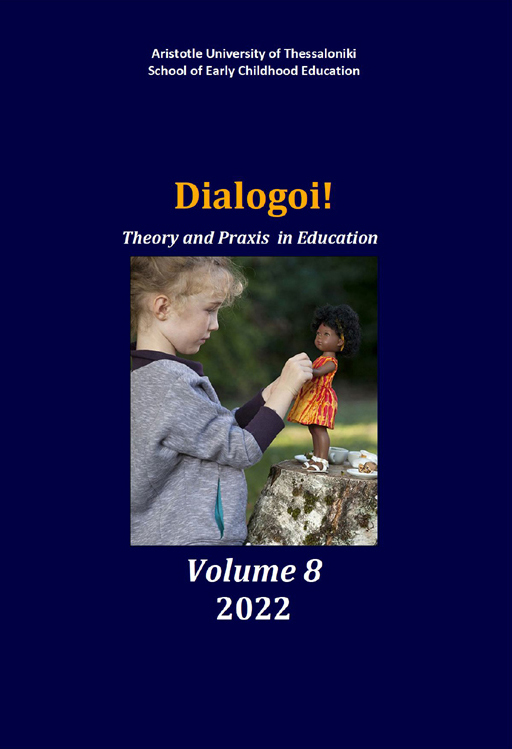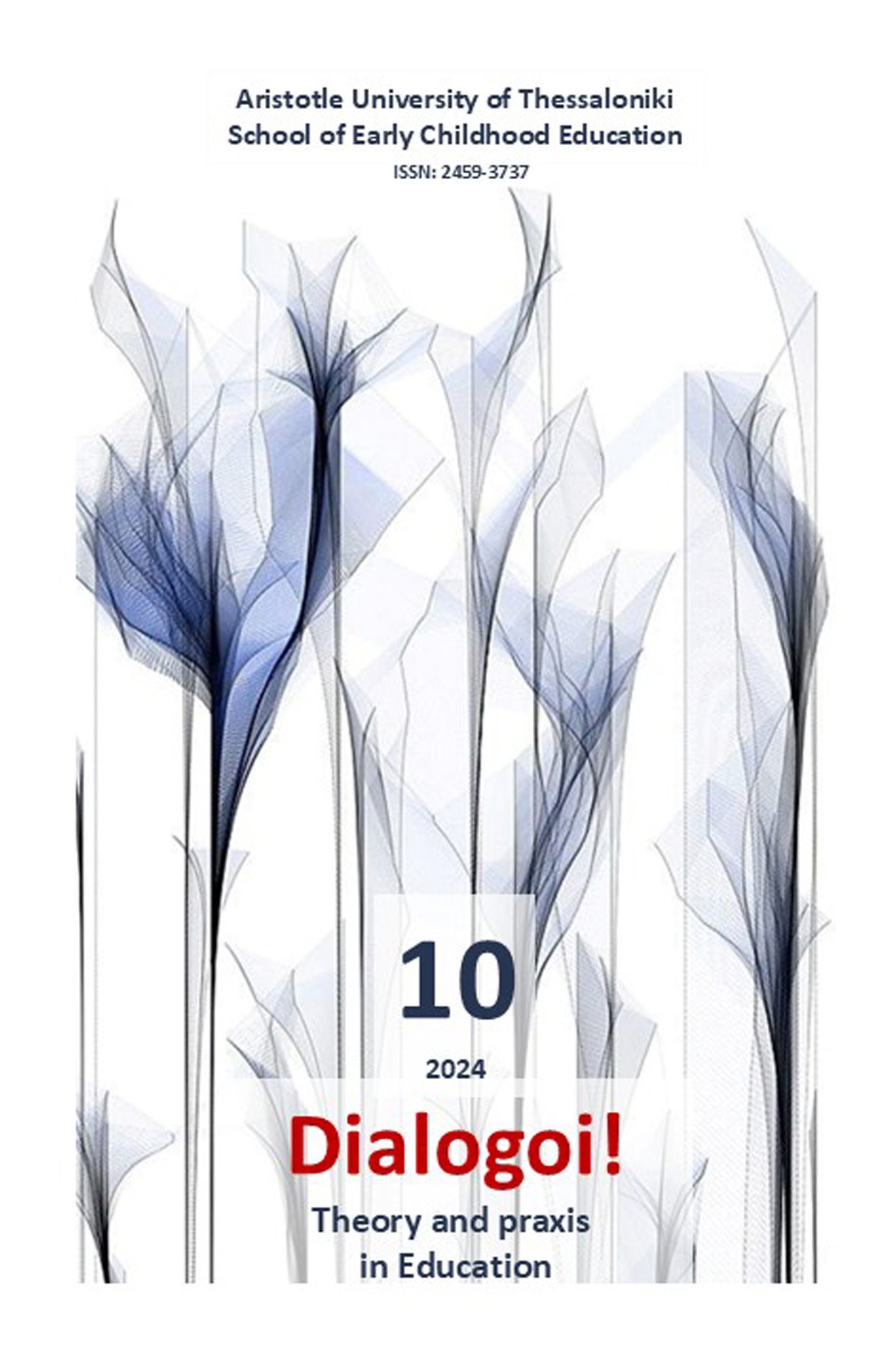Language education for refugees and migrants: Multiple case studies from the Greek context

Abstract
The aim of this study is to probe into the methods, approaches, and principles used in educational environments, both formal and non-formal ones, throughout Greece that address immigrants' and refugees' language needs. The data were collected in the context of the Postgraduate Programme ''Language Education for Refugees and Migrants'' at the Hellenic Open University, particularly within the module ''LRM50: Applied Linguistics and Second Language Acquisition''. Observation tools and interviews with the teachers and students were used to collect the data, in the various second language learning environments. More specifically, the focus was on: a) teachers’ and students’ profile and goals, b) learning/teaching language procedures, c) teacher-student relationship and student relationship, and d) educational materials. The data were analyzed through the content analysis method. The results of the study explicitly show the fragmentation of the relevant field and highlight the need that people working in the field have for assistance and guidance in the development and implementation of educational interventions.
Article Details
- How to Cite
-
Kantzou, V., Manoli, P., Mouti, A., & Papadopoulou, M. (2017). Language education for refugees and migrants: Multiple case studies from the Greek context. Dialogoi! Theory and Praxis in Education, 3, 18–34. https://doi.org/10.12681/dial.15000
- Issue
- Vol. 3 (2017)
- Section
- Scientific columns

This work is licensed under a Creative Commons Attribution-NonCommercial-ShareAlike 4.0 International License.
Authors who publish with this journal agree to the following terms:
- Authors retain copyright and grant the journal right of first publication with the work simultaneously licensed under a Creative Commons Attribution Non-Commercial License that allows others to share the work with an acknowledgement of the work's authorship and initial publication in this journal.
- Authors are able to enter into separate, additional contractual arrangements for the non-exclusive distribution of the journal's published version of the work (e.g. post it to an institutional repository or publish it in a book), with an acknowledgement of its initial publication in this journal.
- Authors are permitted and encouraged to post their work online (preferably in institutional repositories or on their website) prior to and during the submission process, as it can lead to productive exchanges, as well as earlier and greater citation of published work (See The Effect of Open Access).





